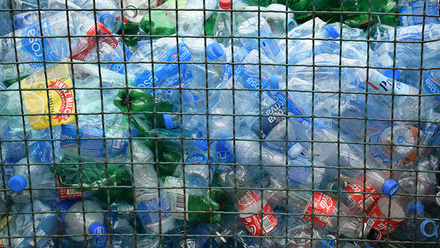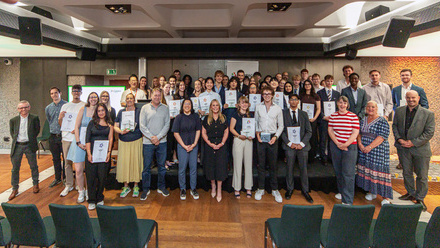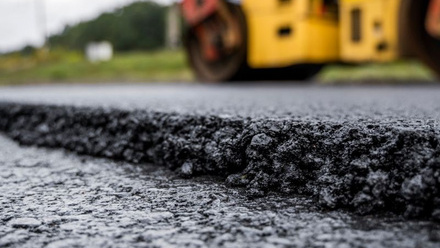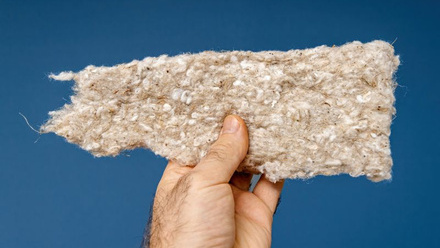Synthetic polymers increase efficiency of biocatalysis
Birmingham, UK, researchers identify synthetic polymers that induce biofilm formation in E. coli, a bacterium commonly used in biocatalysis.
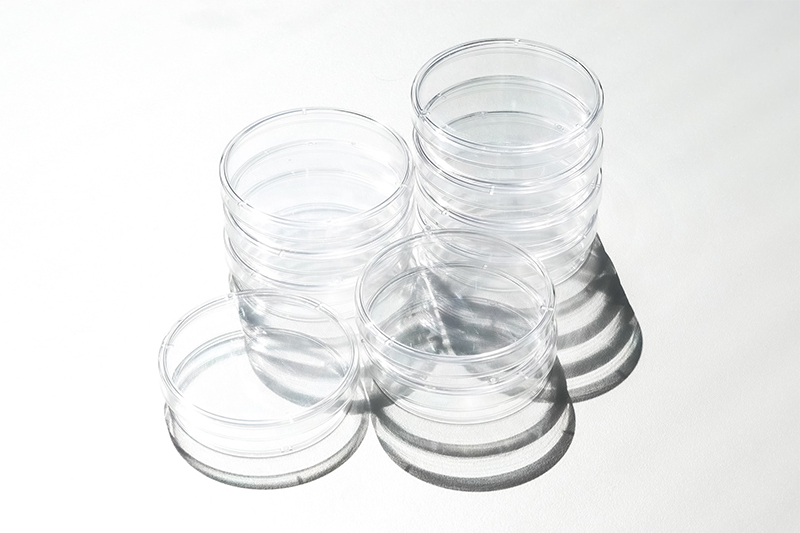
Birmingham University scientists have revealed a new method to increase efficiency in biocatalysis, in a paper published today in Materials Horizons. Biocatalysis can produce pharmaceuticals, fine chemicals, or food ingredients on an industrial scale.
However, a major challenge in biocatalysis is that the most used microbes, are not good at forming biofilms, the growth promoting ecosystems that boost productivity.
This is generally solved by genetic engineering, but researchers Dr Tim Overton from the university’s School of Chemical Engineering, and Dr Francisco Fernández Trillo from the School of Chemistry set out to find an alternative.
The researchers screened a library of synthetic polymers for their ability to induce biofilm formation in E. coli, a bacterium that is commonly used in biocatalysis.
Trillo, now at the Universidade da Coruña, Spain, said, ‘This has resulted in a small library of synthetic polymers that increase biofilm formation when used as simple additives to microbial culture. To the best of our knowledge, currently there are no methods that provide this simplicity and versatility when promoting biofilms for beneficial bacteria.’
This screening used a strain of E. coli (MC4100) that is widely used in fundamental science to study genes and proteins and is known to be poor at forming biofilms, and compared it to another E. coli strain PHL644, an isogenic strain obtained through evolution that is a good biofilm former.
This screening revealed the chemistries that are best suited to stimulating biofilm formation. Hydrophobic polymers outperformed mildly cationic polymers, with aromatic and heteroaromatic derivatives performing much better than the equivalent aliphatic polymers.
The researchers then monitored the biomass and biocatalytic activity of both strains incubated the presence of these polymers, and found that MC4100 matched and even outperformed PHL644.
Further studies examined how the polymers stimulate these profound increases in activity. Here the research indicated that the polymers precipitate in solution, and act as coagulants, stimulating a natural process called flocculation that triggers bacteria to form biofilms.
University of Birmingham Enterprise has filed a patent application for the method and polymer additives, and is now seeking commercial partners for licensing.



